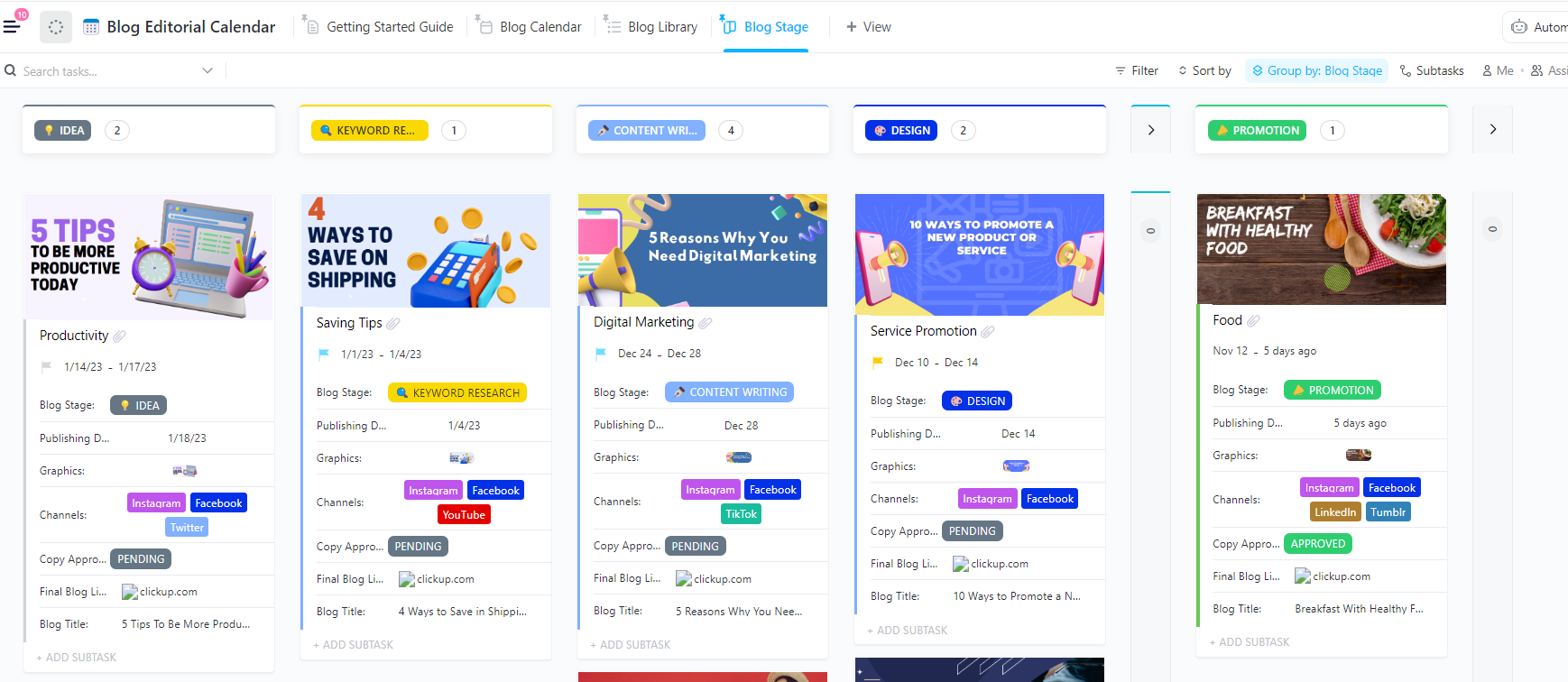After repeated delays, Amazon’s Starlink competitor, Project Kuiper, is finally ready to send its first batch of production satellites into low-Earth orbit.
The company plans to launch 27 Project Kuiper satellites on April 9 from Cape Canaveral, Florida. The satellites will take flight on an Atlas V rocket from United Launch Alliance, with a launch window opening at 12 p.m. ET.
“Project Kuiper’s satellite payload will be the heaviest payload ULA’s Atlas V rocket has ever flown,” the company says.
This is Amazon’s first step toward building a satellite constellation capable of beaming high-speed internet to users on the ground, much like SpaceX’s Starlink. In 2023, the e-commerce giant successfully launched a pair of prototype satellites into space to test the technology.
(Credit: Amazon)
The company has since used findings from the prototypes to enhance its production satellites. Amazon’s VP for Project Kuiper, Rajeev Badyal, noted: “This will be the first time we’ve flown our final satellite design and the first time we’ve deployed so many satellites at once.”
The improvements to the satellites include upgrading the “phased array antennas, processors, solar arrays, propulsion systems, and optical inter-satellite links,” Amazon says. “In addition, the satellites are coated in a dielectric mirror film unique to Kuiper that scatters reflected sunlight to help make them less visible to ground-based astronomers.”
Get Our Best Stories!

What’s New Now
By clicking Sign Me Up, you confirm you are 16+ and agree to our Terms of Use and Privacy Policy.
Thanks for signing up!
Your subscription has been confirmed. Keep an eye on your inbox!
This promises to deliver 400Mbps speeds to the standard Project Kuiper dish and 100Mbps to the company’s more portable, smaller dish. Amazon is also preparing a larger dish to serve enterprises with 1 gigabit speeds.
Still, the company faces an uphill battle to stand out against Starlink. One major challenge is a looming deadline for Amazon to launch half of its planned 3,200 satellites by July 2026. If it doesn’t, then the company risks losing its FCC clearance to operate the satellite network, although Amazon could file for an extension.
Recommended by Our Editors
In addition, Project Kuiper is not set to start offering internet service until later this year—assuming it can launch enough satellites in orbit. Meanwhile, Starlink has already attracted over 5 million users after first becoming available as a beta in 2020.
To build Project Kuiper, Amazon says it’s secured “more than 80 launches to deploy that initial constellation.” But the exact timing of the launches is unclear.
For now, Amazon says: “Over the next few years, Kuiper and ULA teams will conduct seven more Atlas V launches and 38 launches on ULA’s larger Vulcan Centaur rocket. An additional 30-plus launches are planned across our other launch providers: Arianespace, Blue Origin, and SpaceX.”

 5 Things to Know About Starlink Satellite Internet
5 Things to Know About Starlink Satellite Internet
About Michael Kan
Senior Reporter












